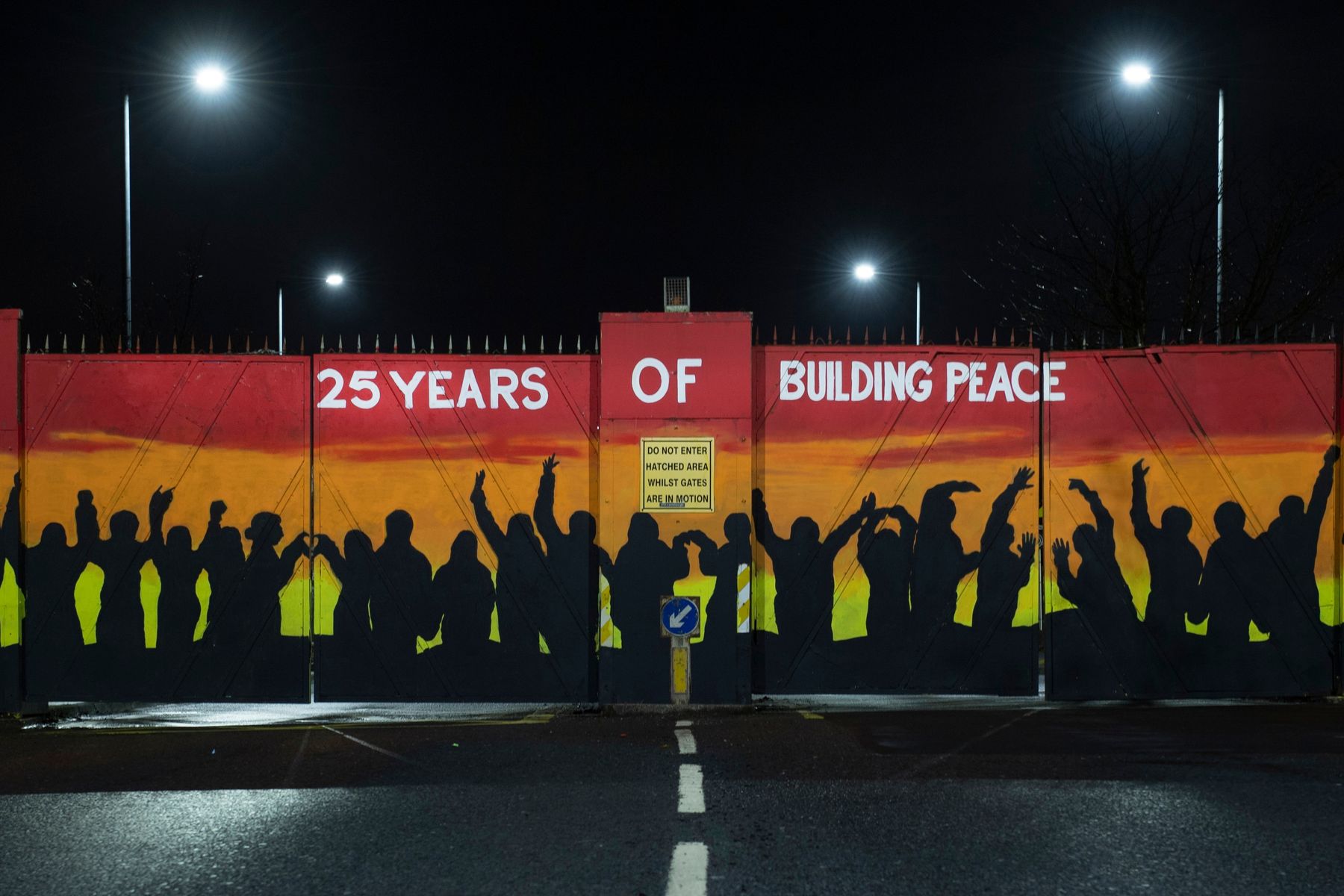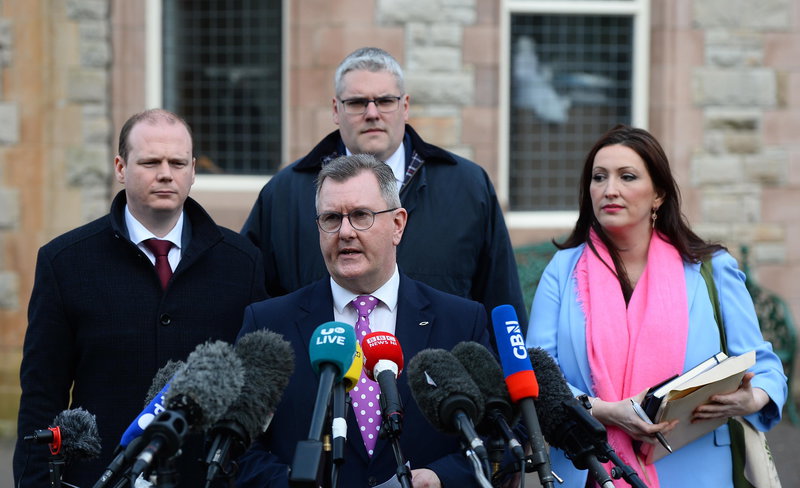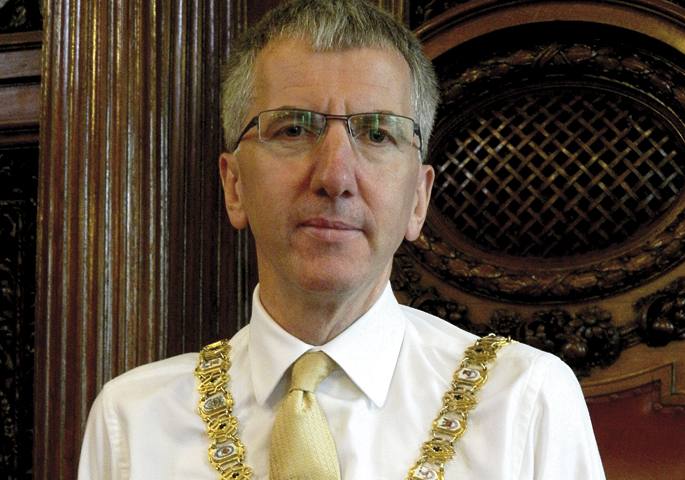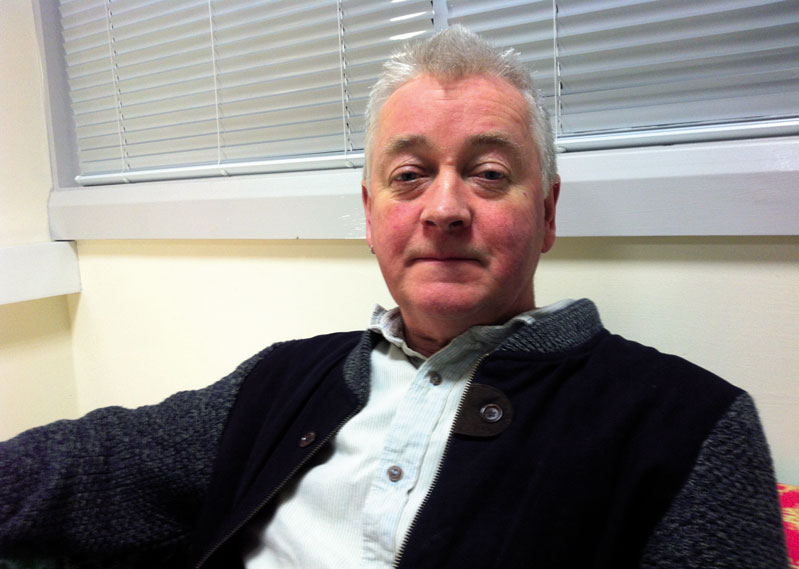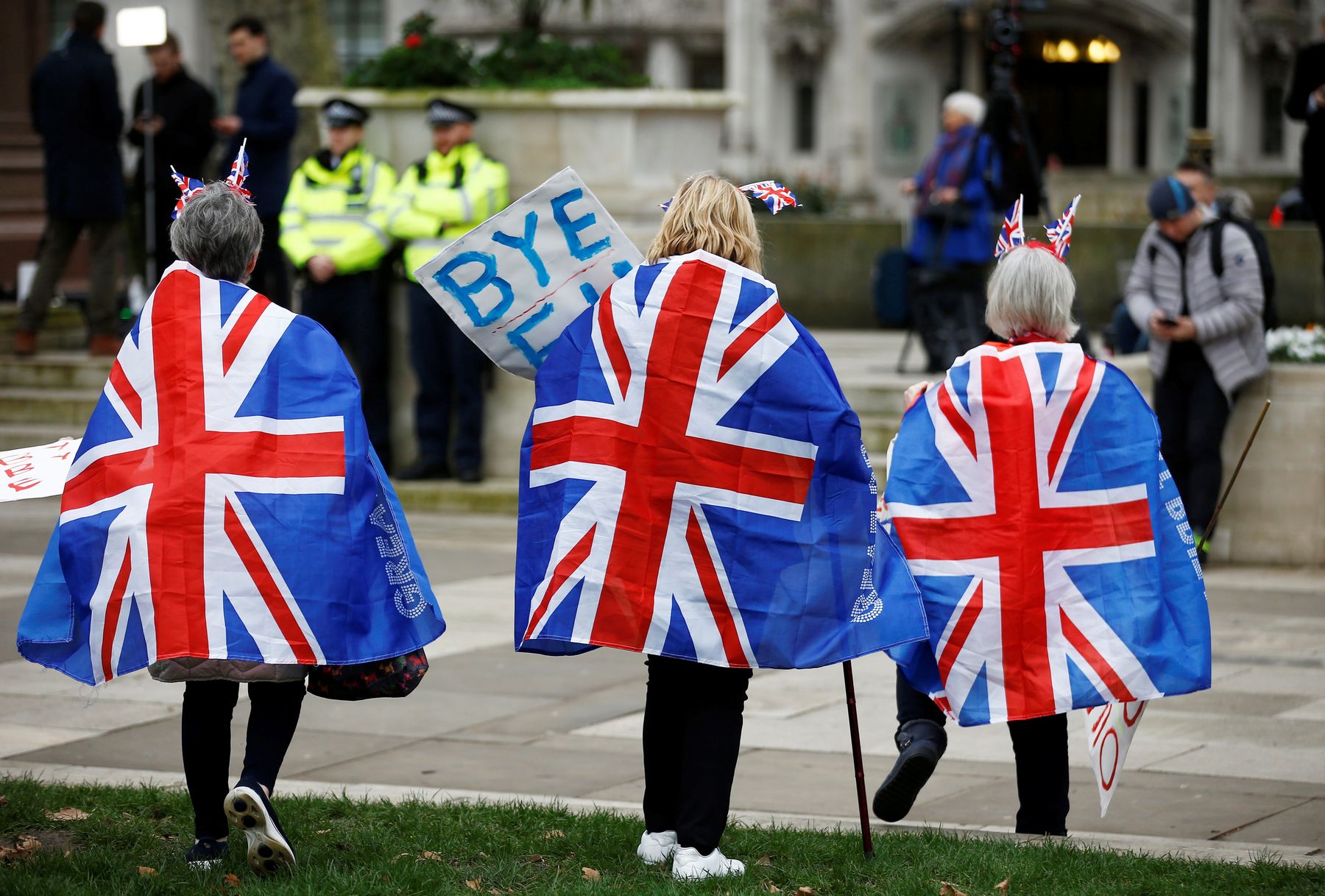After the elections, it's time for democracy.
- The statue of the six counties was born 101 years ago in northern Ireland. It was designed to perpetuate the Unionist majority. A system, in which it emerged, divided the electoral constituencies in such a way that unionists always got more votes than Irish nationalists.

In addition, a sectarian system that characterized the Irish identity community, as well as those that did not belong to the Irish tradition or the Unionist tradition, which led them to become second-class citizens. All this discrimination was covered by the State in public housing awards, job search and votes.
Injustice and unionist repression, the unilateral Nordic state, were the result of British colonialism and Irish division.
The denial of fundamental rights in the north, such as civil, democratic and human rights, resulted in the political conflict that lasted from 1969 to 1997. On the contrary, the Good Friday Agreement drew in 1998 the line between conflict and democratic changes and shared governance that lasted decades. The Good Friday Agreement became the democratic architecture of the peace process in Ireland. It created an environment of principles, values and standards that would allow transformations and changes in Northern Ireland.
Proof of this change is, for example, the extinction of majority unionism in the north since 2017, for the benefit of Sinn Fein and other progressive aspects. The political landscape has changed dramatically by the impasse surrounding Brexit, the pandemic and the Protocol (where to place the EU border with the UK in Ireland). Politics has been constantly changing in the north.
It is already months since Sinn Fein announced that the 5 May elections would be the most important of a generation. And that's it. There are no two similar elections, but at first I was struck by the similarity that existed between these current and general elections in 2017 due to the political involvement of the voters. As I could feel from the demarcation that I stood in as a candidate, people wanted to talk about the increased life, the state of our health services, or the economic investments in public services.

I talked about people, including those of Unionist origin, saying that the DUP had public institutions and society itself. They were angry and frustrated by the enormous pain that the DUP brought to shared power after the Prime Minister (DUP) resigned under the excuse of the Protocol.
Voters were also angry at the comments made by the DUP and unionist politicians during the election campaign. For them, the takeover of a person who could be the prime minister of all could be blocked as a Republican. Because in these elections the former unionist sectarianism, synonymous with “a unionist state of the north”, has been very present.
Despite all these events affecting the elections, 250,000 people voted for a positive and progressive message from Sinn Fein, which brought about real change together. Other progressive aspects were also rewarded with the mandates for change. Undoubtedly, the elections on 5 May have been the most important of a whole generation, becoming a turning point.
Brexit changed everything, and this time, again, the political and social landscape has changed. Now there can be a prime minister who is everybody for the first time in 101 years, and there is also the potential to create more appropriate shared power.
However, this positive agenda is directly threatening the DUP party, which refuses to restore shared power and South-North political institutions. And it is even more serious that this happens now, when there is a crisis that the families of both sides are suffering as a result of the increase in an unprecedented life; when in the north the social service and the health service are consumed by a systemic crisis.
The whole base of shared power is threatened by the tactics of the DUP and bulls, especially by the toxic alliances between the foreign secretary of the bulls, the Economic Research Group ERG and the DUP. The international agreement and international legality, the Good Friday Agreement and the Protocol are directly affected. They are silent with the intention of dissolving the Good Friday Agreement, as well as the protocol itself, imagining a false war against the EU.
The present bullfighting administration has no interest in investing or maintaining links with the peace process in Ireland. Whitehall's fat cats don't care about anyone in the north. And in the meantime, the current leadership of the DUP escapes from adapting to the new political scenario. They want to play with international treaties and international legality, thinking that, in a context of more important political challenges, the crushing of the Good Friday Agreement and the use of the unionist veto to to prevent shared power will not be problems either at home or outside it. Urgent action must therefore be taken.
They cannot be allowed to disregard the democratic will of society, nor to lose respect for the majority mandate of parliamentarians.

The EU and the US administration must stand upright, supporting the Good Friday Agreement and defending the priority of international treaties and international law. They should therefore reject the new negotiations on the Protocol and the Good Friday Agreement, which are necessary and pending.
When it says that the agreement must be rebalanced, the British Government is pushing an agenda against the Good Friday Agreement, using rhetoric in favour of the agreement. What the Good Friday Agreement needs is its full implementation.
The Irish Government must stand firm and show a position that is clearly contrary to the devastating position of both the DUP and bulls. And the bitter unity of the society of the north must be listened to vigorously. When the ashtrays have been clear, we are faced with a difficult choice, or we accept blackmail and return to the past or rise up in favour of democracy.
We have only one chance left, because democracy has to beat.
(Deklan Kearney is the spokesman for Sinn Fein. The article was translated by Igor Letona and the original was published by the magazine 'An Phoblcht')
The Treaty of Good Friday of Northern Ireland, which has become a world benchmark in the resolution of armed conflicts, has reached a quarter century. The 1998 agreement was aimed primarily at ending violence. Violence has been greatly reduced, but it does not disappear. For... [+]
Belfasteko alkatea da iragan ekainaren 3tik. Sinn Feineko alkatea. Ez da alderdi horretako lehena baina, alderdi unionisten hainbeste urtetako nagusitasunaren ondoren, oraindik ere berezia egiten da. Datorren urteko ekainera arte izango da alkate. Bere leloa:... [+]
Pat Finucane Center (PFC) is a non-governmental organization dedicated to the recovery of human rights and truth, where Paul O’Connor has been working since 1992. The partnership is supported by money from the European Union and the Irish Government. Pat Finucane, a Belfast... [+]
Europako Batasuna 1993an sortu zenetik kide berriak gehitu dira bata bestearen atzetik. Joan den ostiralera arte 28 estatuk osatu dute makro-egitura politiko eta ekonomiko hori. Izan ere, urtarrilaren 31 historiara pasako da, EBk izan duen lehen zatiketaren eguna izan delako... [+]









